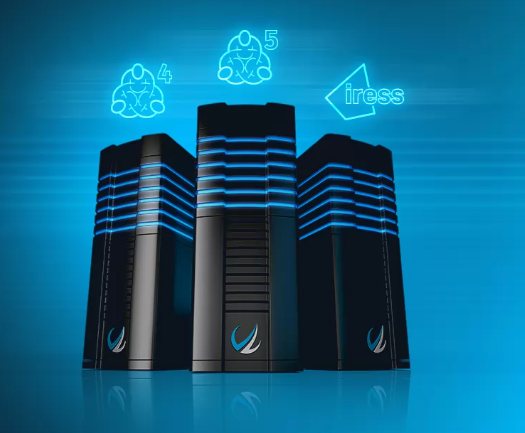Introduction
In the realm of green energy, two technologies are at the forefront of innovation: hydrogen fuel cells and lithium-ion batteries. Both have their unique strengths and applications, particularly in powering vehicles and storing energy. This article aims to unravel the key differences between these two technologies, helping readers understand their roles in the transition to sustainable energy solutions.
Fundamental Differences
Operational Mechanism
Hydrogen Fuel Cells
Hydrogen fuel cells generate electricity through a chemical reaction between hydrogen and oxygen, with water as the only by-product.
Lithium-Ion Batteries
hydrogen and lithium store electrical energy and release it through an electrochemical reaction. They need to be recharged using an external power source.
Energy Density
Hydrogen Fuel Cells
Higher energy density, allowing for longer range and quicker refueling, suitable for heavy-duty and long-range applications.
Lithium-Ion Batteries
Lower energy density compared to hydrogen, but suitable for short to medium-range applications.
Environmental Impact
Emissions and Sustainability
Hydrogen Fuel Cells
Zero emissions if hydrogen is produced from renewable sources. However, the current majority of hydrogen production is from fossil fuels, which is not emission-free.
Lithium-Ion Batteries
No emissions during operation. However, the production of lithium-ion batteries involves mining and can have environmental impacts. Recycling and disposal are also concerns.
Renewable Integration
Hydrogen Fuel Cells
Can be integrated with renewable energy sources to produce green hydrogen, potentially achieving a fully sustainable cycle.
Lithium-Ion Batteries
Effective for storing excess energy from intermittent renewable sources like solar and wind, aiding in grid stability.
Applications and Usage
Vehicle Propulsion
Hydrogen Fuel Cells
More prevalent in commercial and public transportation, such as buses and trucks, due to their quick refueling and longer range.
Lithium-Ion Batteries
Dominant in the consumer electric vehicle market, favored for their efficiency, lower upfront costs, and established charging infrastructure.
Energy Storage and Grid Applications
Hydrogen Fuel Cells
Used in large-scale energy storage and as a backup power source. Also applicable in sectors where battery storage is impractical.
Lithium-Ion Batteries
Widely used for home energy storage systems, grid support, and portable electronics.
Challenges and Future Prospects
Cost and Infrastructure
Hydrogen Fuel Cells
High costs and lack of refueling infrastructure are major challenges. Ongoing research and investments are focused on reducing costs and expanding infrastructure.
Lithium-Ion Batteries
Though costs have been reducing, concerns about resource availability and battery lifecycle management remain.
Conclusion
“Green Energy Battle: Understanding the Differences Between Hydrogen Fuel Cell vs Lithium-Ion Battery” highlights the unique attributes and challenges of these two technologies. While hydrogen fuel cells offer advantages in terms of range and emissions, lithium-ion batteries are more established in terms of infrastructure and cost. The choice between these technologies depends on specific application requirements and environmental considerations. Both are integral to the future of sustainable energy, and their complementary roles will be crucial in achieving a greener, cleaner energy landscape.
Top of Form





